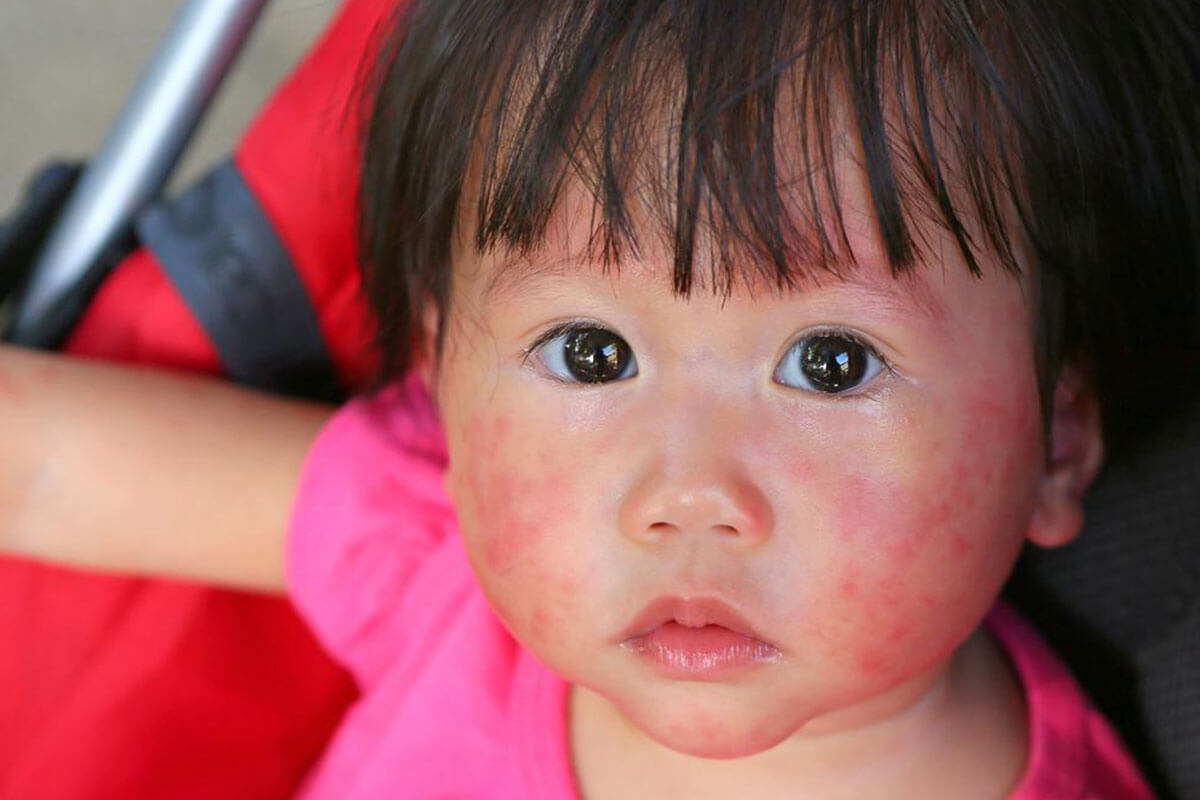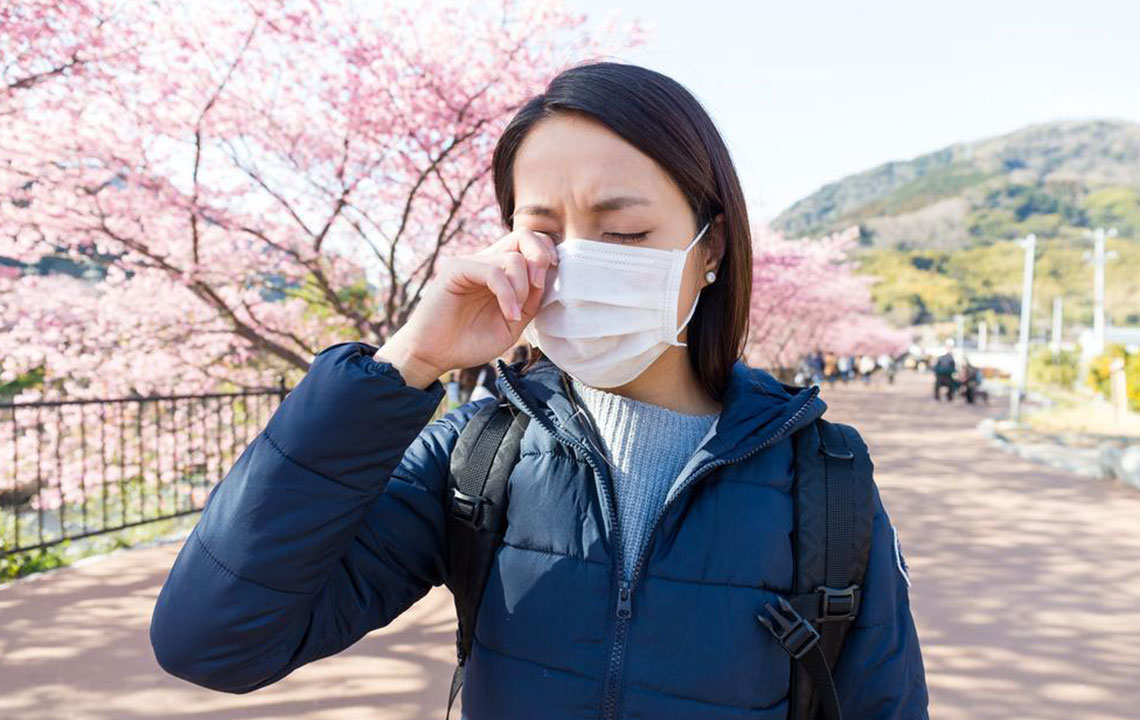Essential Guide to Recognizing Childhood Allergy Signs
This informative article highlights key signs of childhood allergies for parents and caregivers. Recognizing symptoms like breathing difficulties, nasal congestion, skin rashes, cough, digestive problems, and eye irritation can help in early diagnosis and treatment. Understanding allergy triggers and seeking timely medical advice are essential to prevent serious health issues. The article emphasizes the importance of adult supervision, especially since children may struggle to communicate their symptoms effectively, ensuring their safety and well-being.
Sponsored

Important Child Allergy Indicators Not to Ignore
Allergic reactions in children are quite common across different age groups, but they can weaken the immune system and open the door to other infections. It's crucial for parents to monitor their child's health for signs of allergies to ensure timely intervention and better well-being.
An allergy occurs when the immune system unusually reacts to certain substances, perceiving them as threats even if they are harmless. When this happens, the body's defenses produce antibodies, triggering allergic responses that can vary from mild to severe.
Airborne allergens are the leading cause of allergies in children, commonly resulting in allergic rhinitis. Around 10 percent of children in the US experience symptoms of this condition. Recognizing early signs is vital to prevent complications and improve quality of life for affected children.
Breathing Challenges
Difficulty breathing is a prevalent allergy symptom in children. It manifests through persistent coughing, wheezing, chest tightness, and shortness of breath. Respiratory allergies often relate to allergic asthma, one of the most common asthma types in young children.
Nasal Blockage
Nasal congestion, caused by irritants or allergens entering the nasal passages, leads to mucus buildup and postnasal drip, which can cause throat discomfort. If not treated promptly, this can worsen over time.
Skin Irritations
Skin reactions are among the most visible allergy symptoms. Allergens can irritate skin cells, causing dryness, redness, itching, or rashes. Conditions like eczema and dermatitis are common skin allergy manifestations, and swelling of skin layers, known as angioedema, may also occur.
Persistent Cough
Uncontrolled nighttime coughing is a frequent allergy sign that can be mistaken for a cold. Without proper diagnosis, it may worsen over time, indicating an underlying allergy.
Digestive Issues
Allergic reactions can trigger stomach problems such as unexplained pain, vomiting, diarrhea, or constipation. Untreated allergies affecting digestion can lead to nutritional deficiencies and overall health decline.
Itchy, Watery Eyes
Allergens like airborne particles cause red, itchy, and watery eyes, along with swollen eyelids. Certain eye products may also irritate the eyes, highlighting the importance of identifying triggers.
Symptoms vary among children; some may experience localized reactions, while others develop multiple severe symptoms. In rare cases, life-threatening reactions like anaphylaxis can occur if allergies aren't managed promptly. Caregivers must recognize and address these signs to prevent escalation.
Children often cannot describe their symptoms, making adult vigilance critical for early detection and treatment of allergies.






